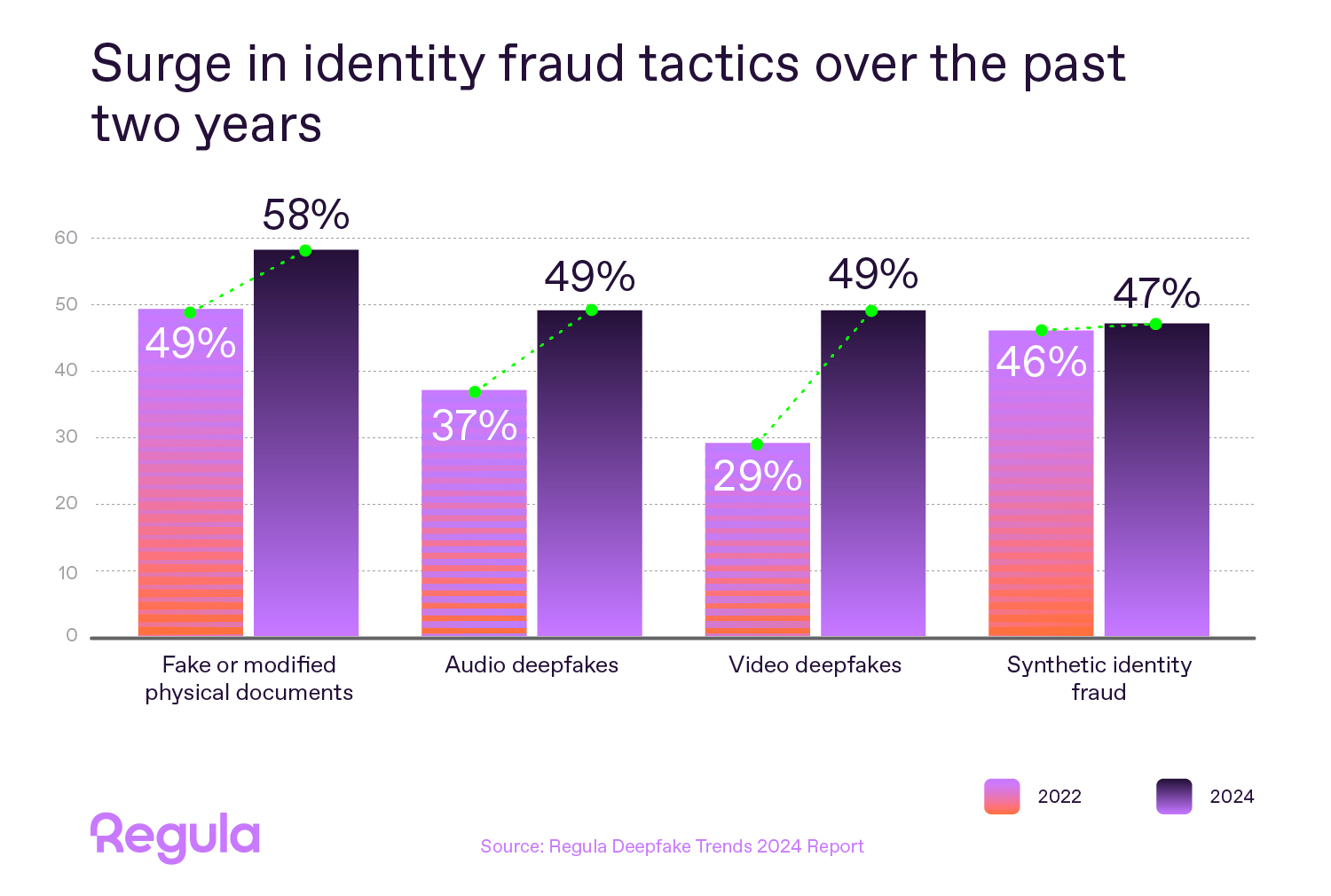![]()
Tokyo, Japan, July 5th, 2024, Chainwire
$DOP, the token of the Data Ownership Protocol (DOP) will be available for trading in 7 major cryptocurrency exchanges such as Bybit, Kucoin, HTX, Bitfinex, Gate.io, MEXC, and WhiteBIT, starting July 5th, 2024.
The Data Ownership Protocol clarified that on Bybit, the token will be listed as $DOP1 to avoid confusion with an existing fiat coin. On KuCoin, Gate.io, Bitfinex, MEXC, and WhiteBIT, the token will be listed as $DOP.
DOP launched its mainnet six weeks ago, following a highly successful testnet phase that saw participation from 2.67 million users. In the last six months, the DOP ecosystem has grown significantly. Over 1 million DOP wallets have been opened, and assets worth more than 10 million USD have been encrypted using the protocol, showcasing the increasing demand for user-centric data ownership solutions.
“$DOP is the token of Data Ownership Protocol, a project that seeks to balance transparency and privacy on the blockchain, putting users in control of their data. The listing of our utility token marks a significant milestone and enhances our vision for the future of data ownership. We are thankful to our supporters and community who have believed in our mission from day one”, said Kohji Hirokado, co-founder of DOP and ex-core member at Cardano.
Currently, the $DOP token serves two primary functions within the ecosystem: facilitating fee payments and granting community rewards. The usage of the protocol’s data ownership features incurs fees payable in DOP tokens, creating a native demand for the token.
This system incentivizes DOP token retention while implementing a deflationary mechanism through fee burning. It also rewards network supporters via staking distributions. To date, 210,000,000 DOP tokens have been allocated for staking rewards, with over 1.1 billion DOP tokens already staked.
The listing announcement comes on the heels of Bybit’s positioning as the world’s second-largest cryptocurrency exchange by trading volume, surpassing Coinbase and trailing only Binance. Bybit’s ascent has been remarkable, with its market share doubling from 8% to 16% since October 2023.
To communicate the plans for the second half of 2024, DOP released a new roadmap following Q1’s success. The plan introduces a $5 million developer grant program, expands protocol capabilities, and plans deployment on EVM-compatible chains beyond Ethereum, reducing gas fees and reaching more users.
Moreover, the new developer SDK will enable developers to easily integrate and build dApps within the DOP ecosystem. Other objectives aim to enhance user security for managing NFTs by expanding functionality beyond ERC-20 tokens to include encryption and decryption of NFTs.
About Data Ownership Protocol (DOP)
The Data Ownership Protocol enables users to own their data. In crypto, financial data such as holdings, balances, and transaction history is publicly available on the blockchain. The mission of DOP technology is to let users decide what to share and with whom.
DOP aims to empower individuals and businesses with more control over their data through selective transparency, utilizing zero-knowledge cryptography and other advanced technologies.
For more information, users can visit Data Ownership Protocol’s: Official Website | Twitter | Linkedin
Data Ownership Protocol is the source of this content. This Press Release is for informational purposes only. The information does not constitute investment advice or an offer to invest.
Contact
Marketing
DOP
[email protected]


Recent Comments